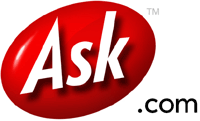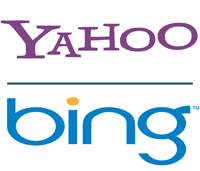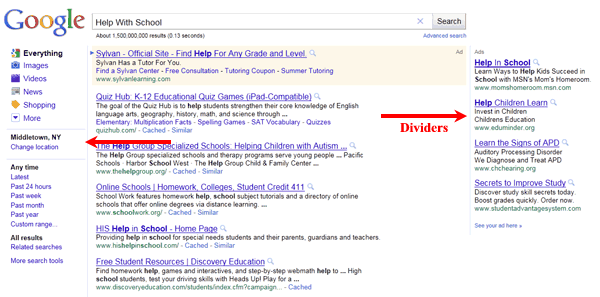Teachers Field Test The Top 5 Search Engines
Part 2: Which Search Engine Is The Easiest To Use?
At the conclusion of our field test we asked teachers to perform a single search on each of the web sites. We did this to help determine which web site they were most comfortable using. User experience goes a long way towards creating loyalty towards a search engine. In fact many teachers said that regardless of the outcome of this experiment, they would continue to use the search engines they already enjoy. The most common explanation for that was that teachers really don't have a great deal of time to explore their options or learn a new tool that only provides a small benefit.
The result of this test was virtually no surprise at all to us. The vast majority of teachers focused on the web sites that they knew and enjoyed. They automatically put that search engine down as number 1 and evaluated the other engines for the runner-up slot.
Here is how the teachers ranked the ease of use of each web site:
 |
#5- Dogpile.com |
The majority of teachers believed this was by far the most difficult search engine to use. They found the ad placement scheme extremely deceiving. Most teachers did not even realize that these were ads. Our staff that prepared the organic results for our teachers found this as well. In many cases of the 20 results that appeared on page one, 9 were organic results and 11 were paid ads mixed in. In all fairness, Dogpile does note if you are see any ad or an organic search result, but you'd better have your reading glasses to find that information. It's pretty funny, the engine that produced the best results in our experiment was by far the least trusted.
 |
#4- Ask.com |
The most common reason for this placement was that when you perform most searches on Ask you have to scroll down to see a single organic search result. It's easy to see why that bugged our testers.
 |
#3- Blekko.com |
Teachers didn't like the color. Red irritated their eyes. Would you want to be staring at red after a tough day in the classroom? Blekko seems to incorporate a good deal of web 2.0 lingo in their results. Most teachers said they would rather use a search engine that caters to them rather than forcing them to adapt to lingo. Blekko might want to take note of that.

|
#2- Bing.com |
The most common explanation for this placement was that two columns made it difficult to read clearly. This reason left us baffled. Google consists of three columns and they seem to have no problem with that? Were they just playing favorites? After a deep discussion and a look at the layout we came up with a theory. Bing does not use ruled lines to separate the columns, at least at the time of this experiment. In the users mind the text intersects or doesn't flow well. So it takes the reader longer to focus. Maybe Bing can learn something from Google.


|
#1- Google.com |
Teachers use Google daily and understand how to use it, just like a double sided pen. Most teachers said they just don't trust other search engines. As we said earlier most teachers indicated that the results in our experiment would in no way influence them to change which search engine they use regularly. We will make a note to survey this question on our next test.
How Did We Get These Results?
Part 2: Which Search Engine Did Teachers Say Was The Easiest To Use?